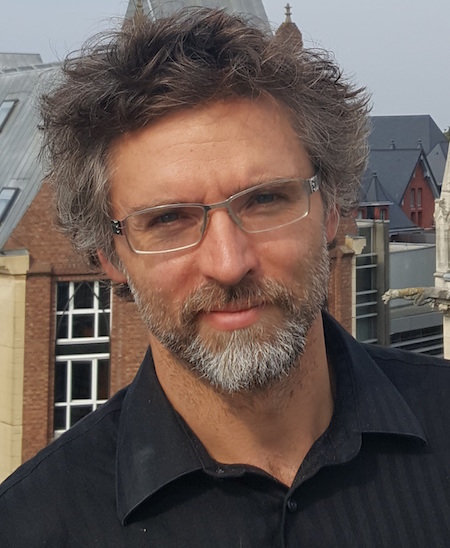
Seminario Theory-Experimental
Burgundy School of Business
19-Feb-2018
Seminar 3 – 14:30
This note presents a model of wishful thinking as manipulation of prior beliefs, and a novel experimental test. The theoretical context is a three-period model, in which the agent is faced with a state-contingent optimal action, in which one state yields a higher payoff. In period 0 she observes the objective prior probability that each state will occur, but may alter her beliefs about these probabilities (self-deceive). The beliefs she chooses in period 0 determine her action in period 1 as a standard maximization procedure. In period 2, a signal yields information about the state of the world. A key assumption is that this signal may not be perfectly revealing. It is shown that the objective prior is optimal if and only if the signal in period 2 is perfectly revealing. Predictions of the theory are tested in a bet-choice experiment. I then present an experimental test designed to investigate the model’s predictions. Subjects choose to play a bet or pass it up for another, and the experimental control varies whether learn about the second bet upon taking the first. The results of the experiment are also compared to the literature on regret theory and ambiguity aversion.

 English
English Valencià
Valencià